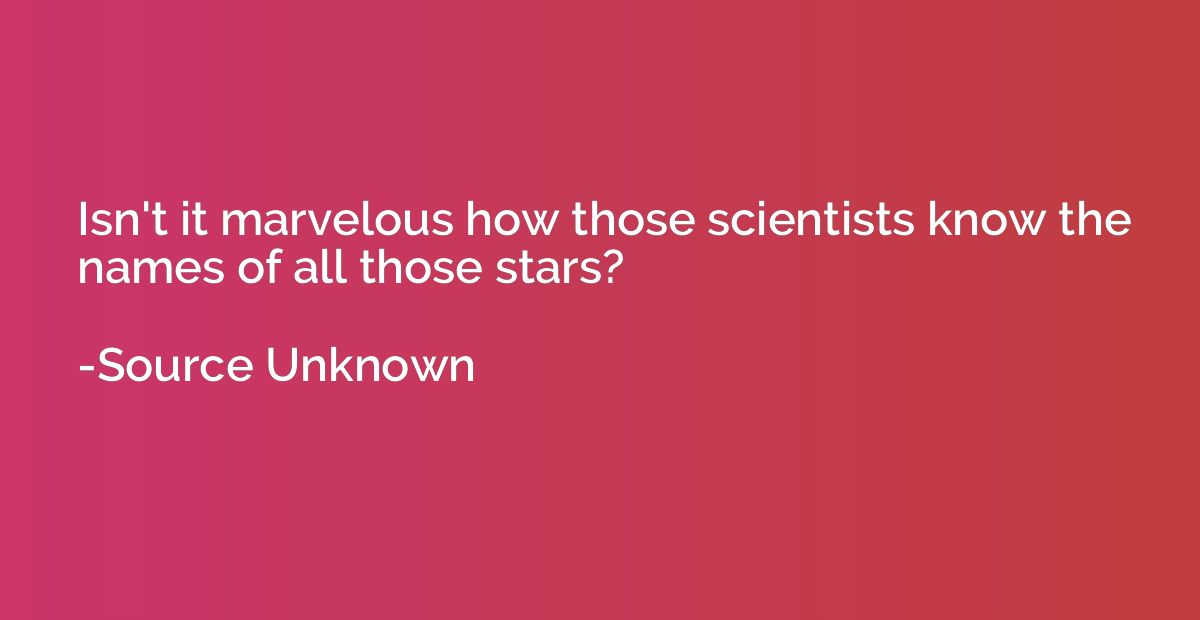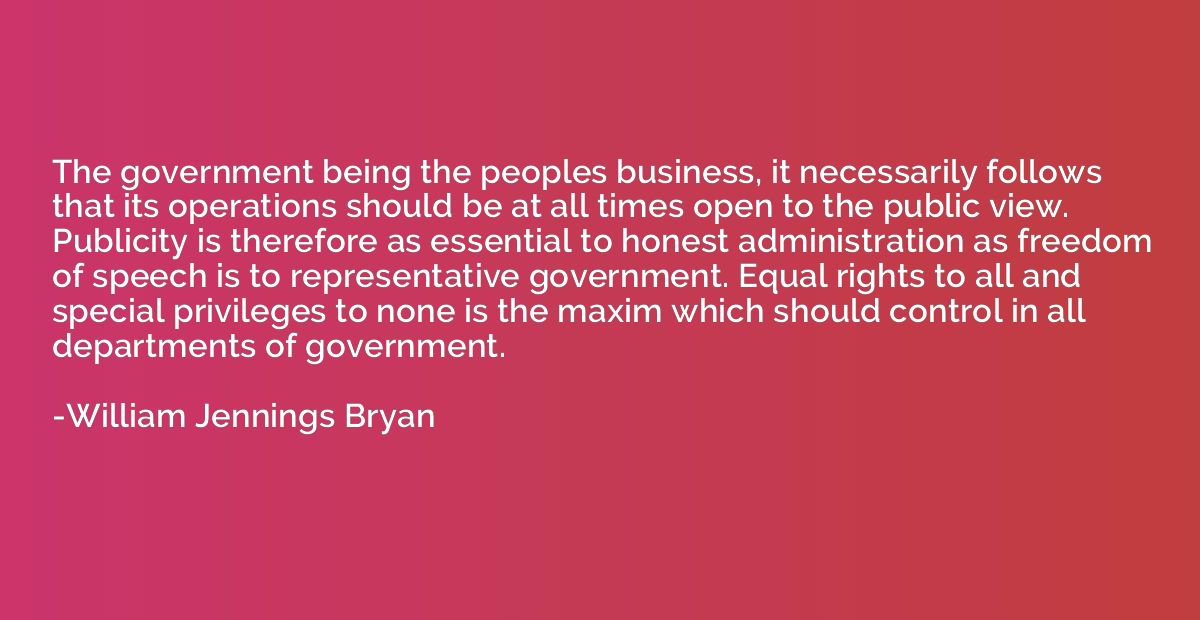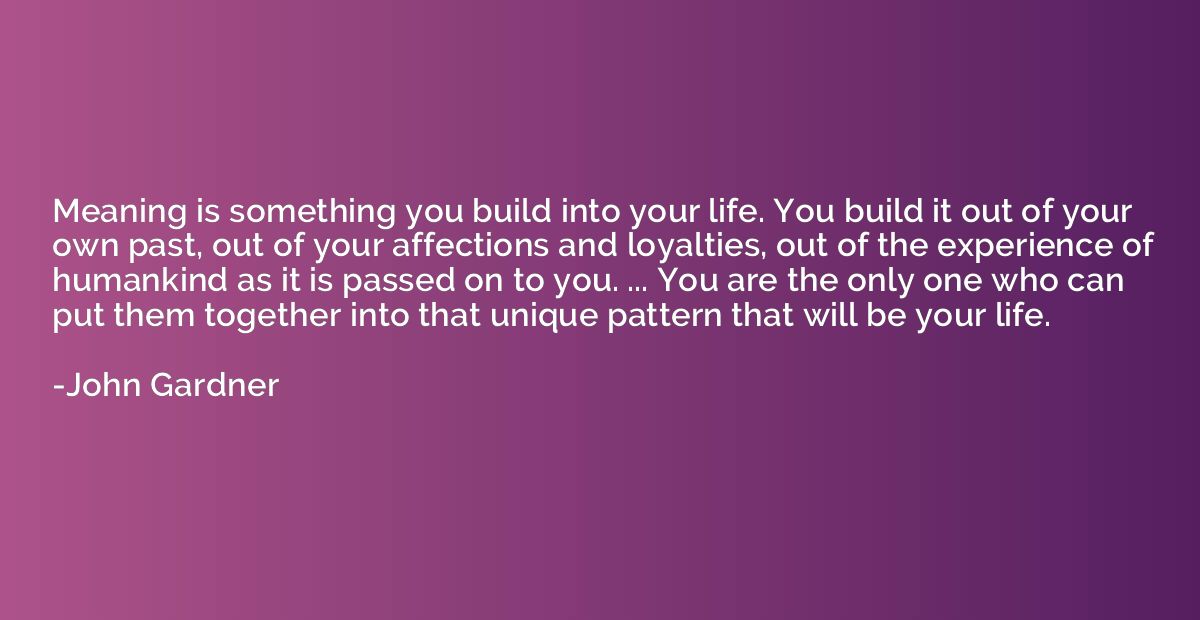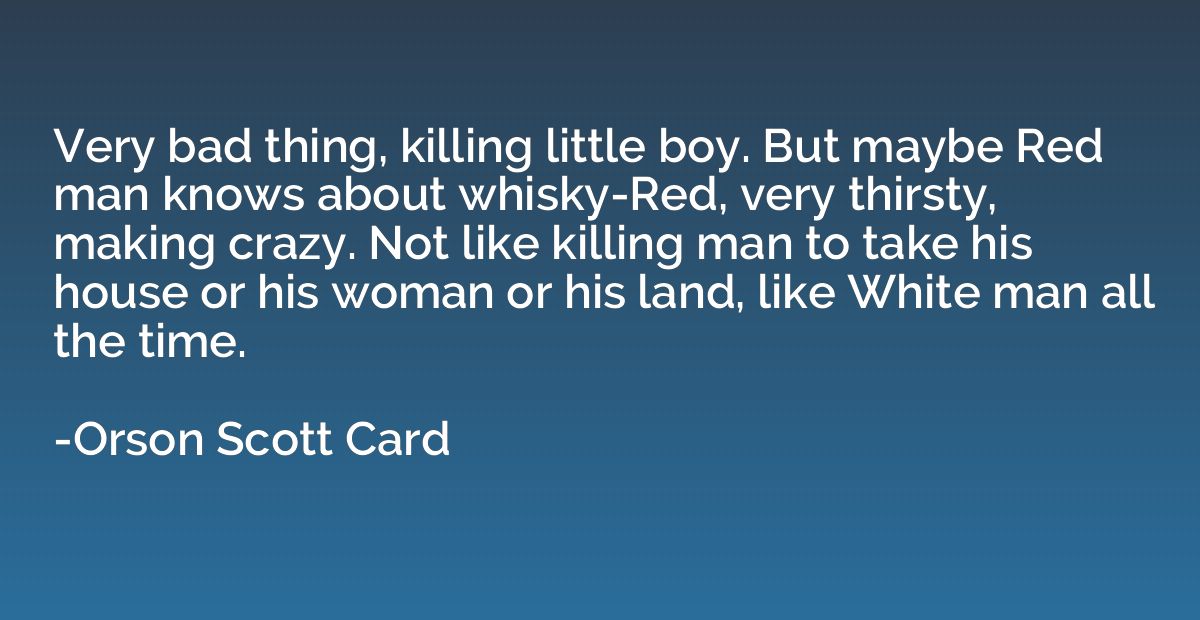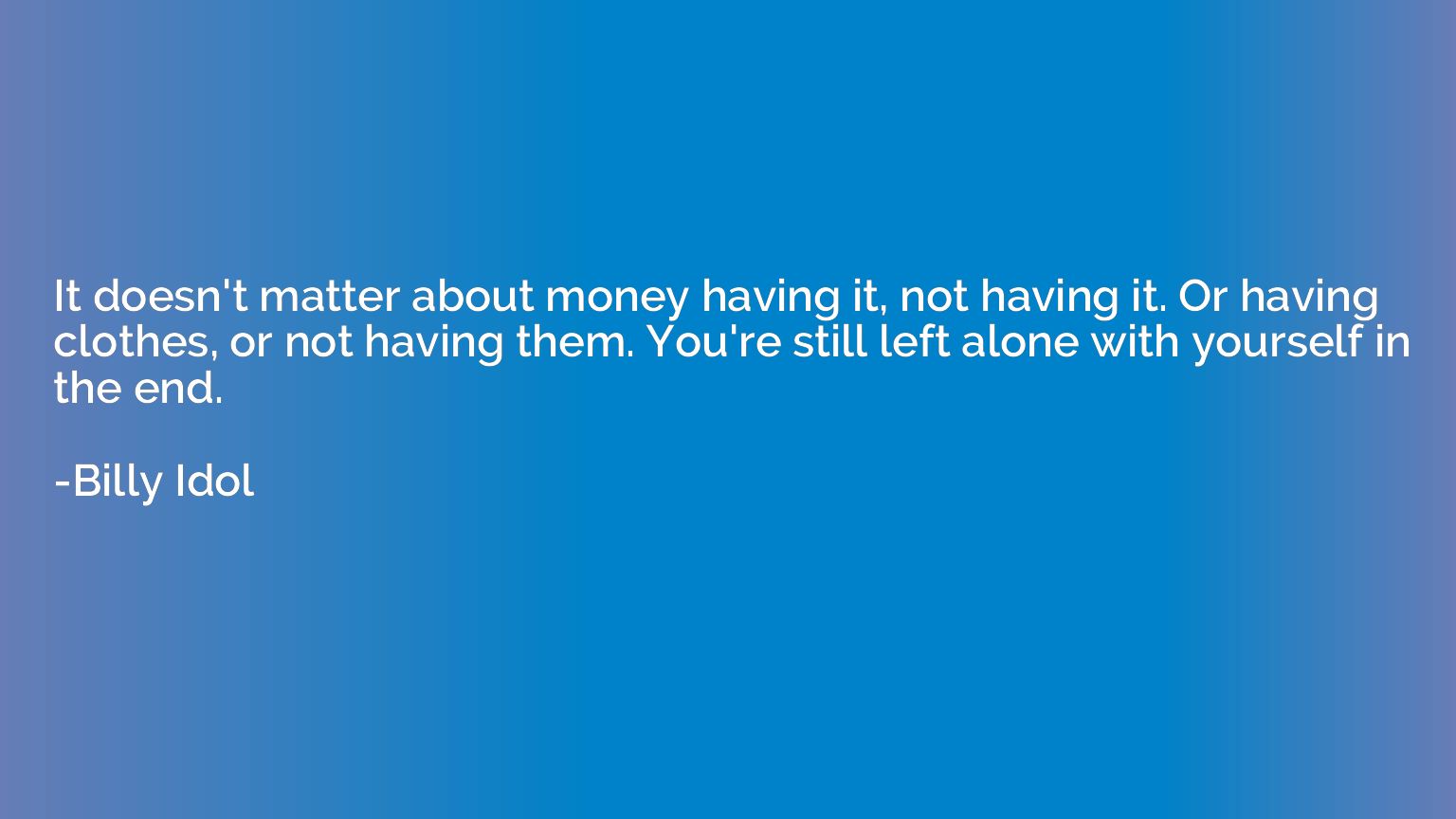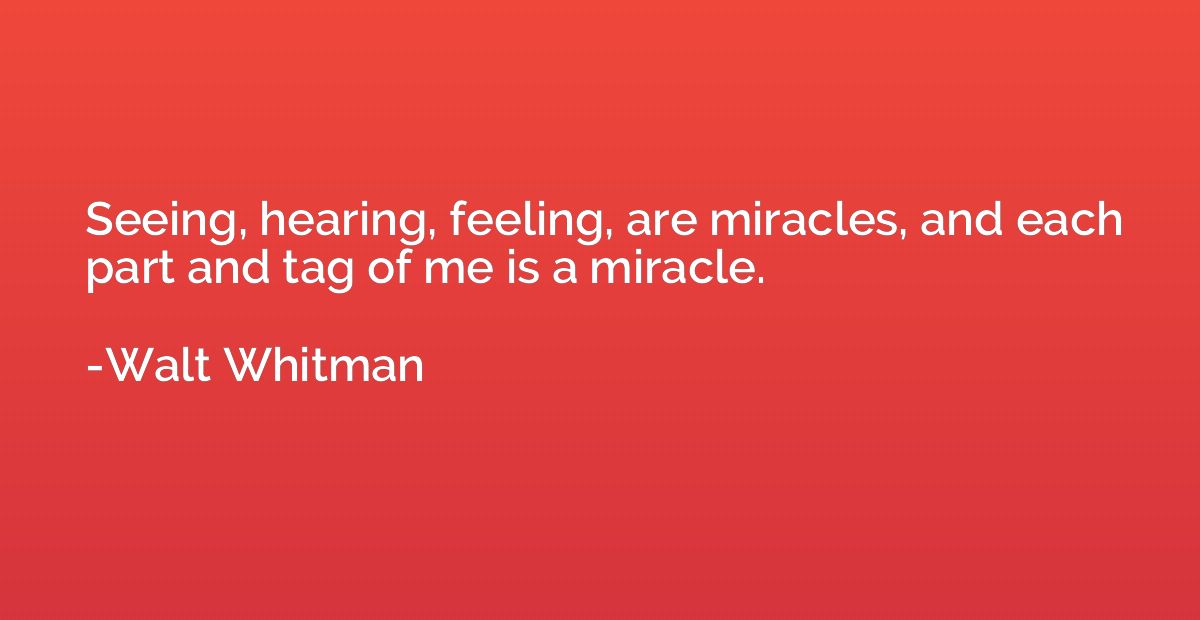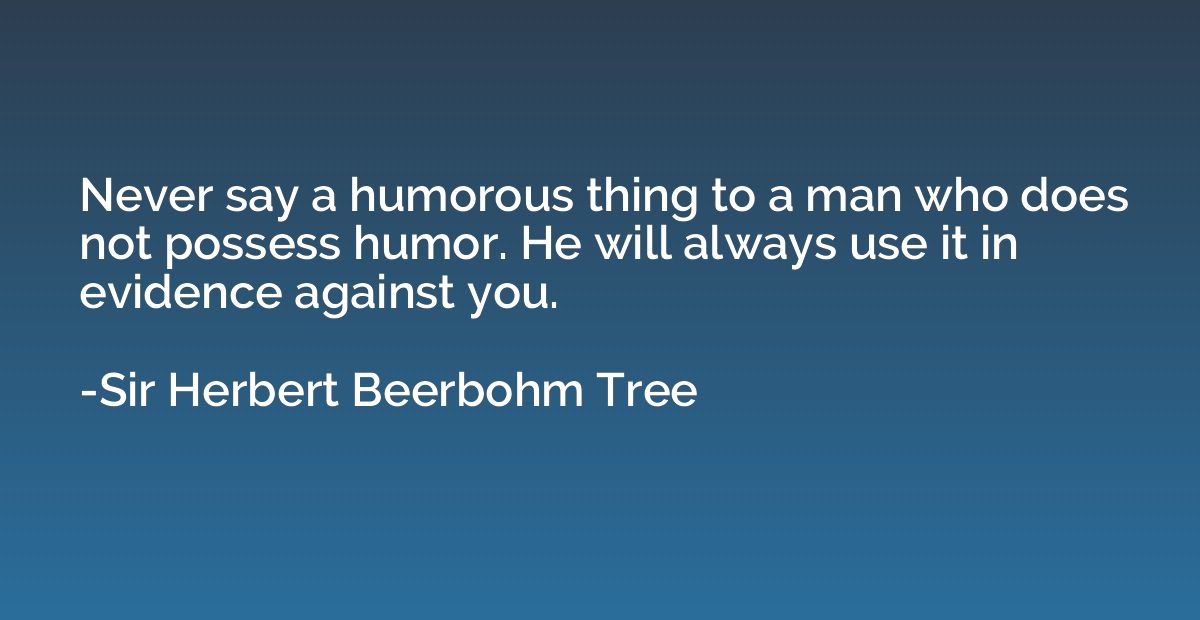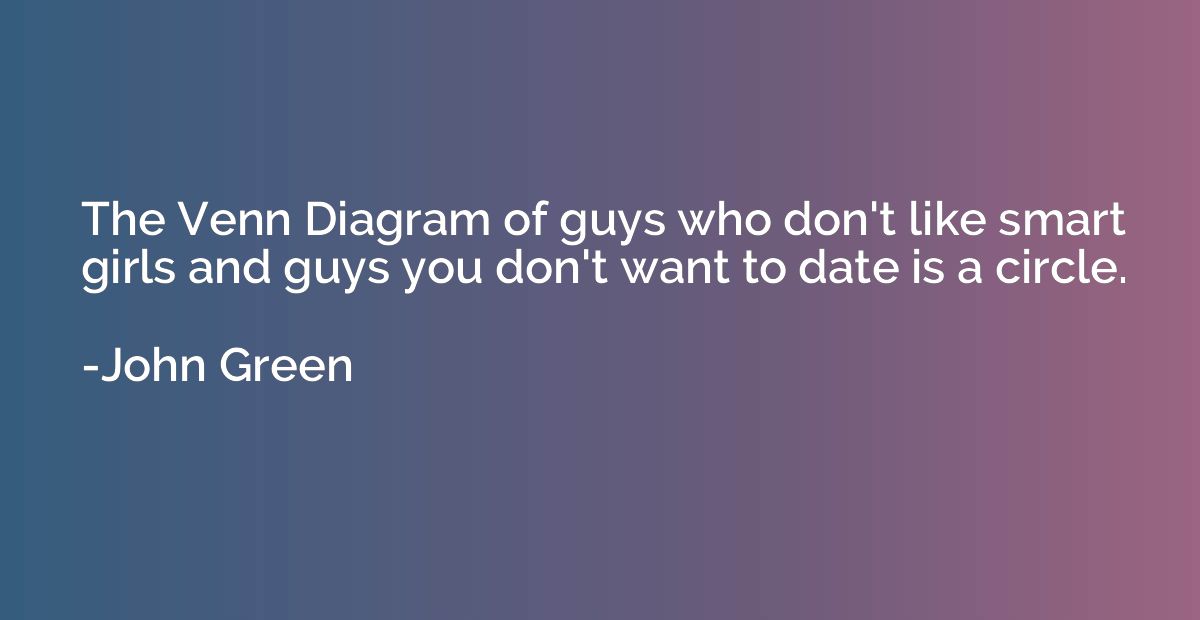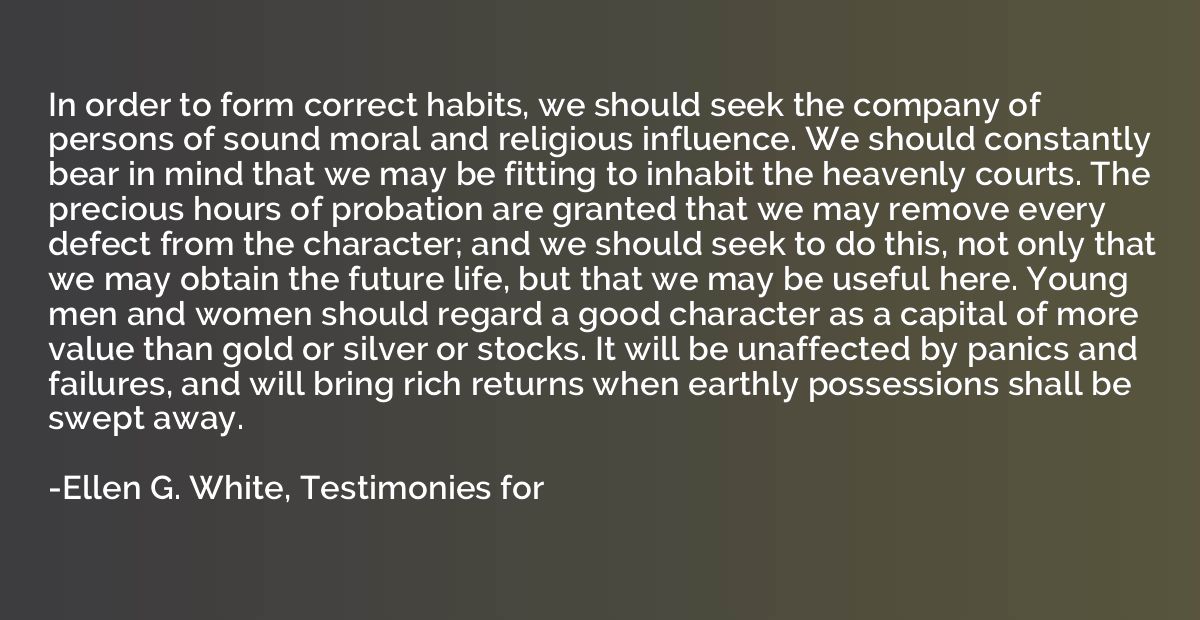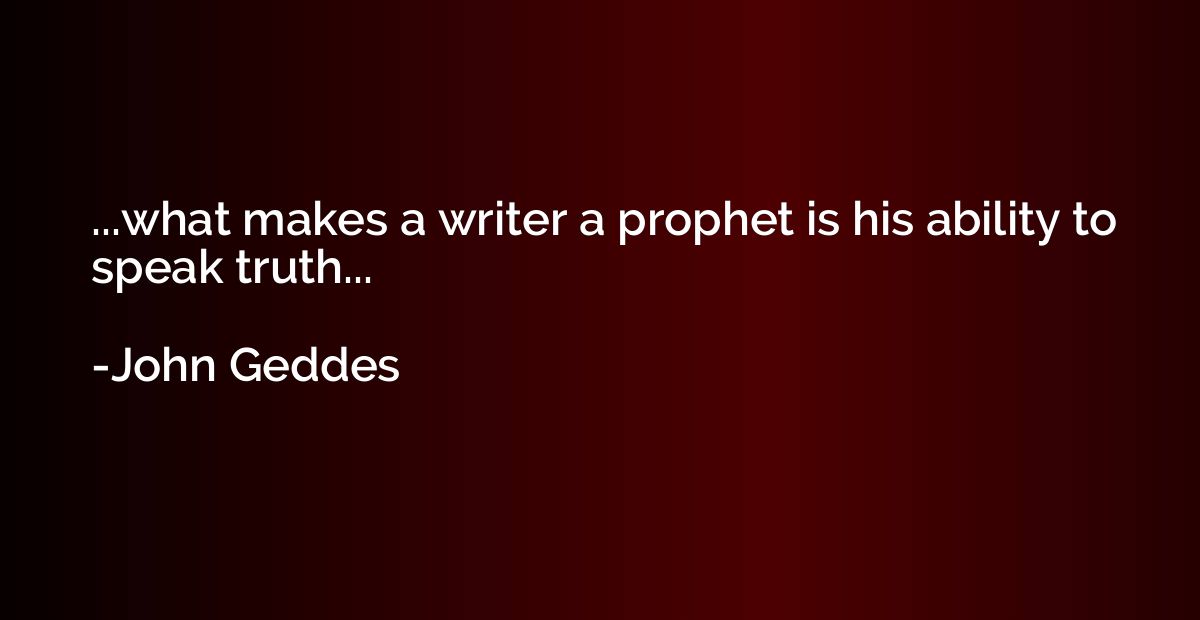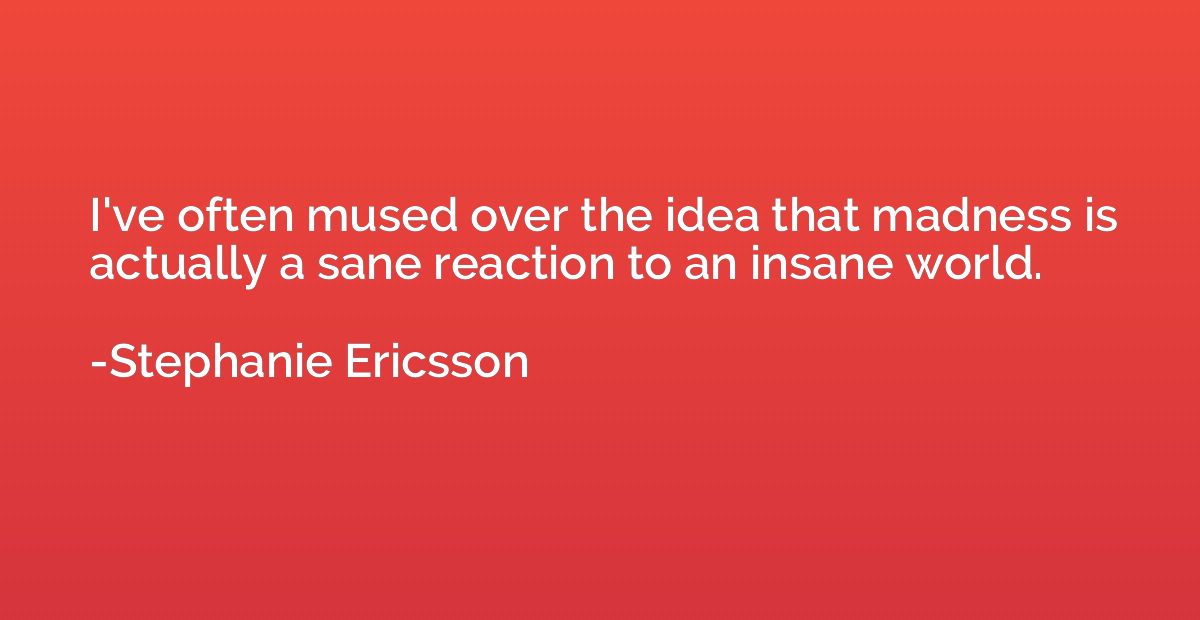Quote by David Bohm
Suppose we were able to share meanings freely without a compulsive urge to impose our view or conform to those of others and without distortion and self-deception. Would this not constitute a real revolution in culture?
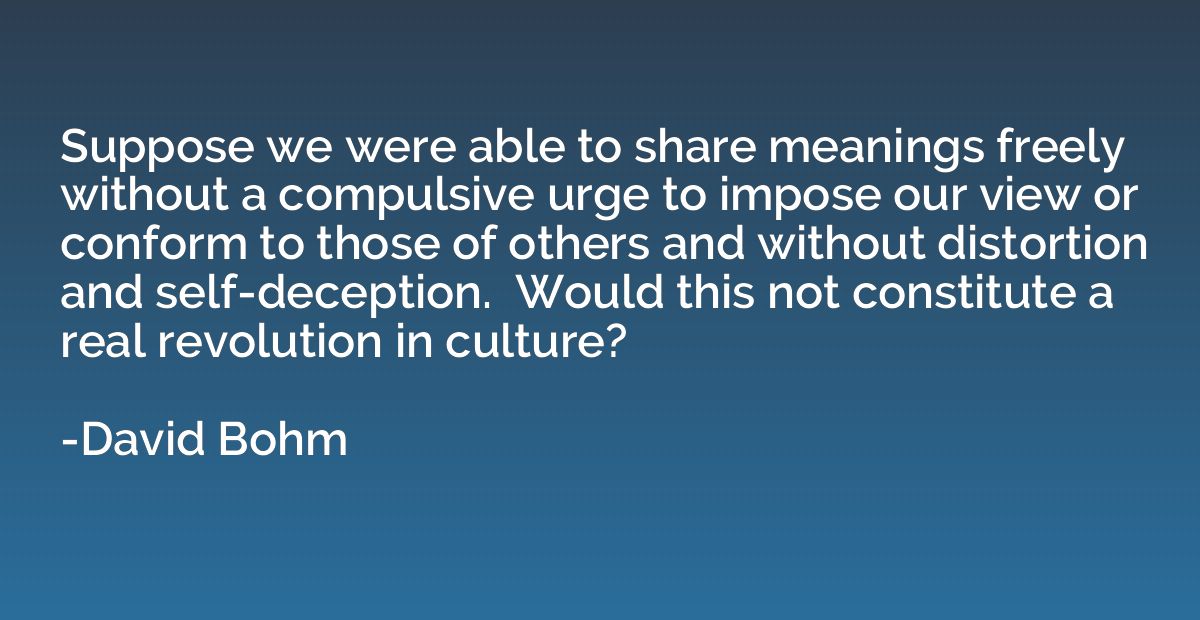
Summary
This quote suggests that the true revolution in culture would occur if we could communicate and understand each other's perspectives without the need to force our own opinions or blindly follow others'. By removing biases, distortions, and self-deception from our communication, a powerful shift would take place, promoting genuine understanding and open dialogue. Such an environment would foster the exchange of diverse ideas and lead to transformative changes in society's cultural dynamics.
Topics
Conformity & Nonconformity
By David Bohm



